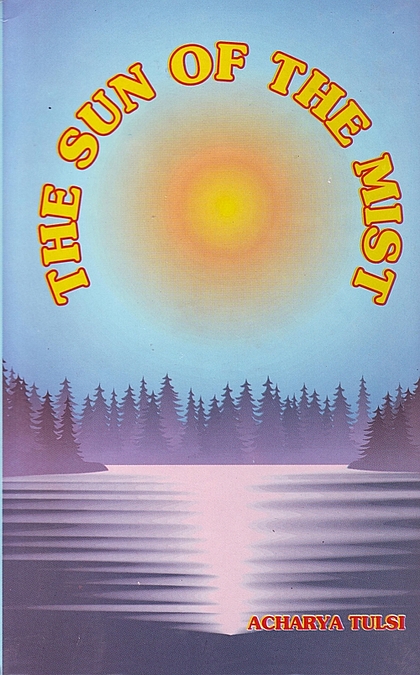The problem of violence is an ancient one. lt existed in the past, is present now, and it cannot be said that the future would be free from it. The questions pertaining to the why, when and how of violence and its culmination, therefore, demand attention. There is no particular time set apart for violence; violence can occur at any time anywhere, because, it is inherent in man. On the least occasion it comes to the fore. A little spark in a bundle of hay would start a mighty conflagration. The fire of violence is also soon set ablaze on the slightest pretext and it becomes difficult to control it.
The root cause of violence is the conditioned mind. The accumulated conditioning of centuries finds instant expression in any confrontation of opposing thoughts and interests. All provocation in itself constitutes violence. It is also responsible for making violence appear in its gross form.
The use of a weapon is not essential for causing violence.Violence may be done by the mind, the tongue, or the body. A political situation may be productive of violence or violence may occur at the ideological or the professional level, or in a social context, or because of communalism. There are a thousand roads leading to violence.
To subjugate an individual, to rule over him to persecute him, to cause him mental torture etc. are all forms of violence. The grossest form of violence is to extinguish life. A sensitive man is greatly affected even by the death of an utter stranger. To deliberately indulge in the killing of innocent persons is to create terror among the whole of the human race. It is the height of cruelty. Such ruthlessness is a kind of drug which dries up compassion and turns a man into a demon. ln the ancient age, three forms of intoxicants were recognized: wine, woman and wealth.
A woman can be so intoxicating as to make a mere beholder go mad. The intoxication of wine is felt after its consumption and that of wealth after its accumulation. The intoxication of these three belongs to the sphere of man's felt experience. There are certain things even more intoxicating. The frenzy of self, of ruthlessness, etc., falls under this category.
There is still another intoxication in the world—that of communalism. The commune itself might own its origin to some higher purpose, but the way it is being exploited today is highly degenerate.and ugly. One feels that the very creation of the commune was a big mistake. Still another mistake lies in identifying religion with a community or a sect. After all, a sect is sect, and it is not identical with religion. But this truth is available to only those capable of making a distinction between the empty shell and the juicy kernel within, in the context of their utility.
Communalism also is productive of violence. The tradition of communal violence is nothing new: the history of the world,full of terrible doings, is a document thereof. Whereas thereligious crusades launched by the followers of one religion against those of another religion have been ruinous, the outbreaks of violence among various sects of the same religion have been no less destructive. Internecine struggles between the followers of Vedic culture and those of Shraman culture, between the.Arya samajists and the Sanatanis, the Digamber and the ghaitambers, the Shylas and the Sunis, the Protestants and the Roman Catholics, are examples of conflict between two branches of the same religion. Such conflicts provide an opportunity to the antisocial elements to indulge in their criminal activities unchecked, which invariably results in greater violence, utter disintegration, increased animosity and total disruption of normal life. After achieving their nefarious objectives, the terrorists go underground, and the ignominy of it is all ascribed to religion, whereas no religion in the world can be said to encourage violence.
India has frequently been a victim of communal violence. The peace—loving people of this country have been obliged to witness the tragic effects of communal frenzy. Even today, do the violent incidents occurring all over the country enjoy public patronage? The people generally want to live in peace. The elements bent upon disturbing peace are all victims of communal frenzy. Whenever and wherever communal madness spreads its poison, the mischief mongers ignite a spark to set the haycock on fire and then hide themselves. Such people are murderers, not only of people, but of human values, too. lt seems to me that of all madness’s, the frenzy of communalism is the most destructive. Let people realise this truth and exterminate communalism, so as to build for themselves a stable and carefree future. This is the easiest possible solution to the problem of increasing violence.
 Acharya Tulsi
Acharya Tulsi
